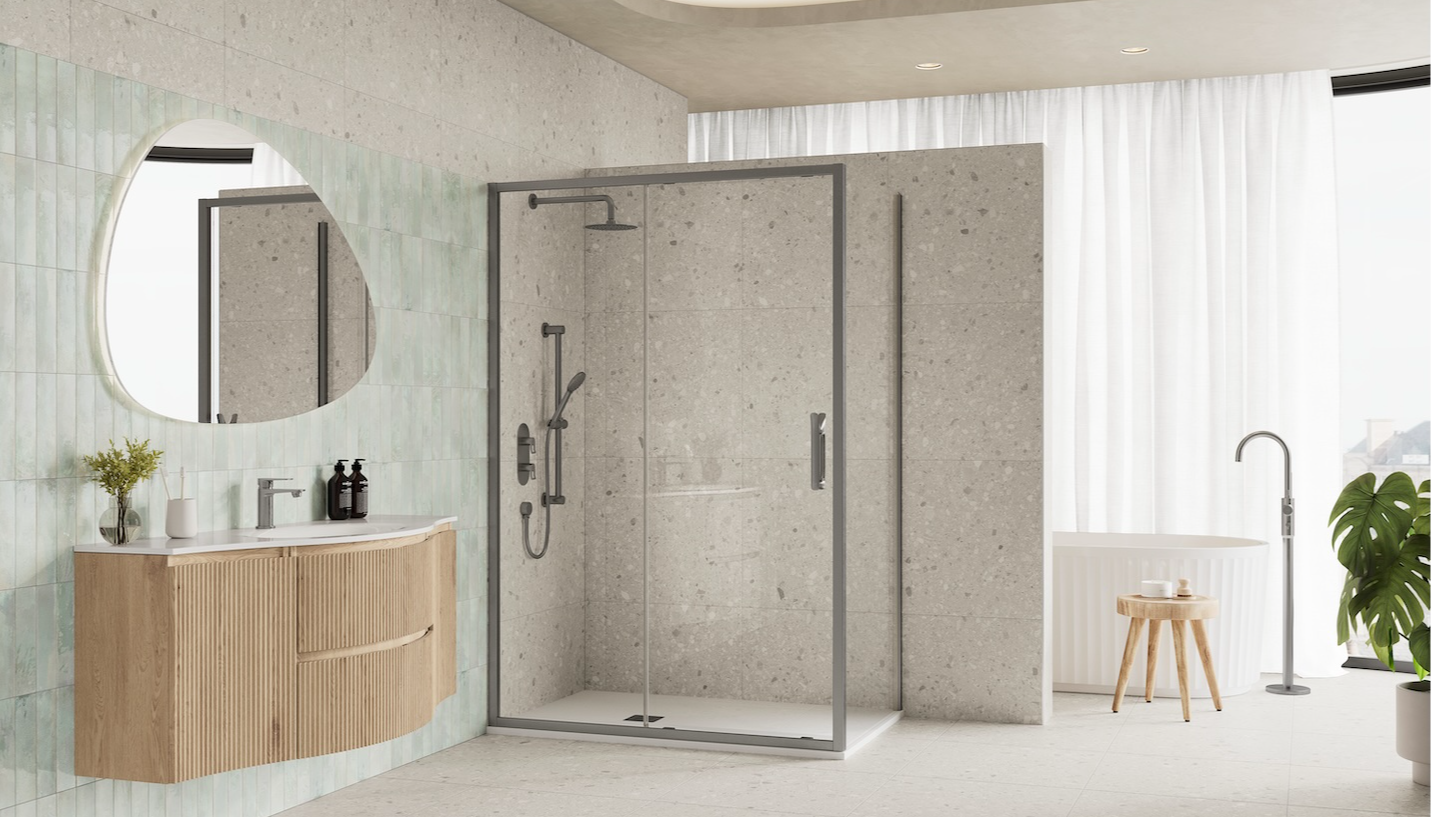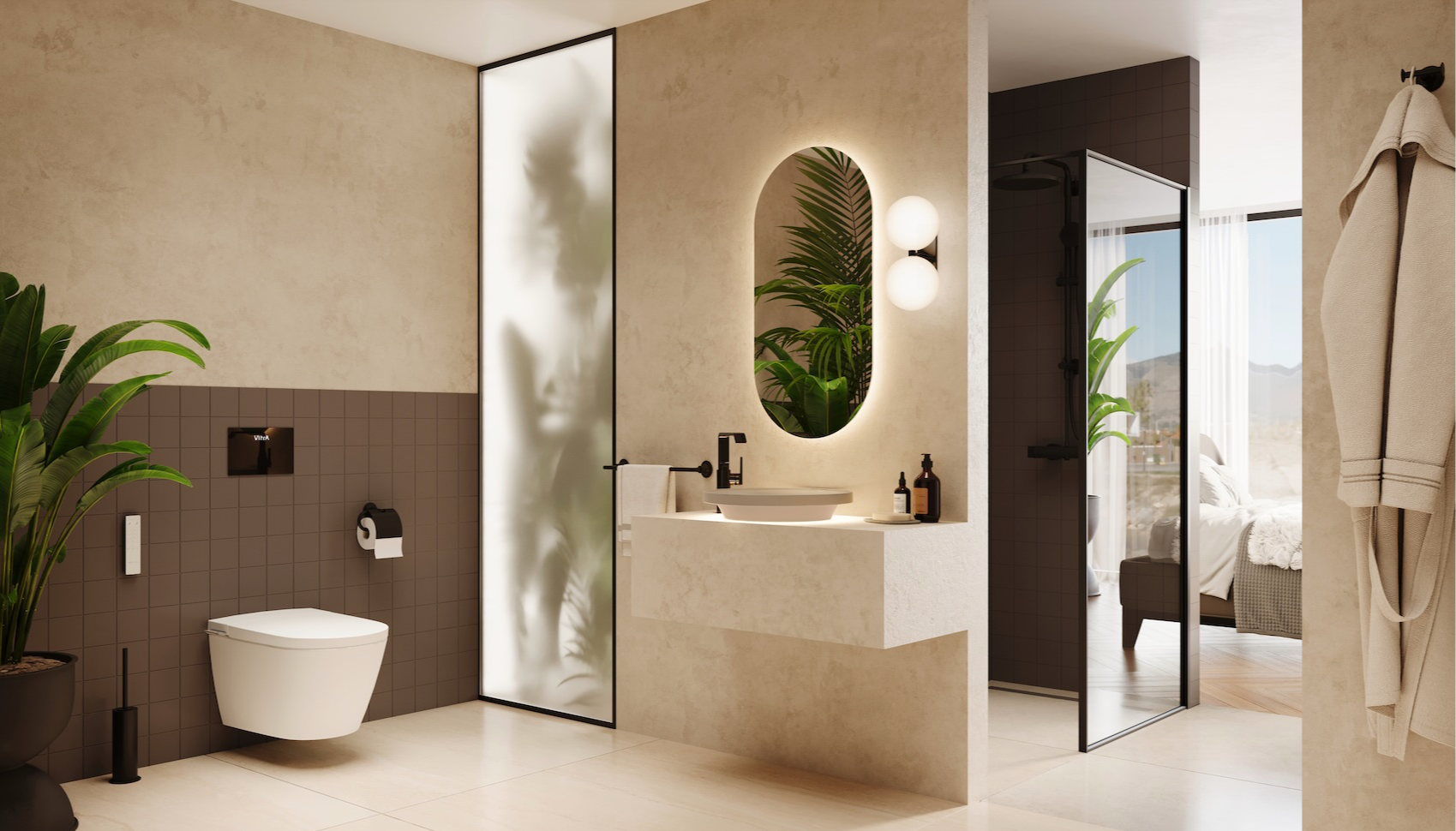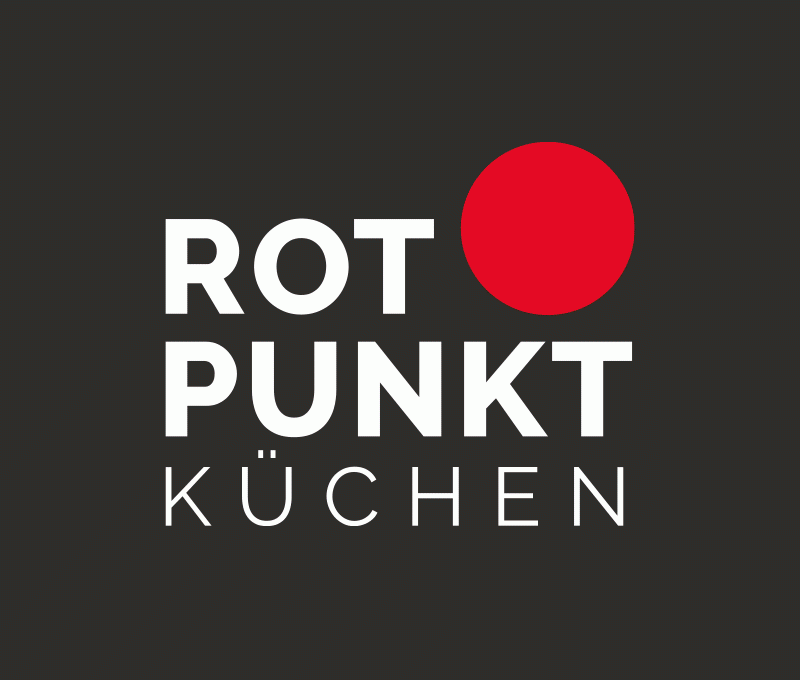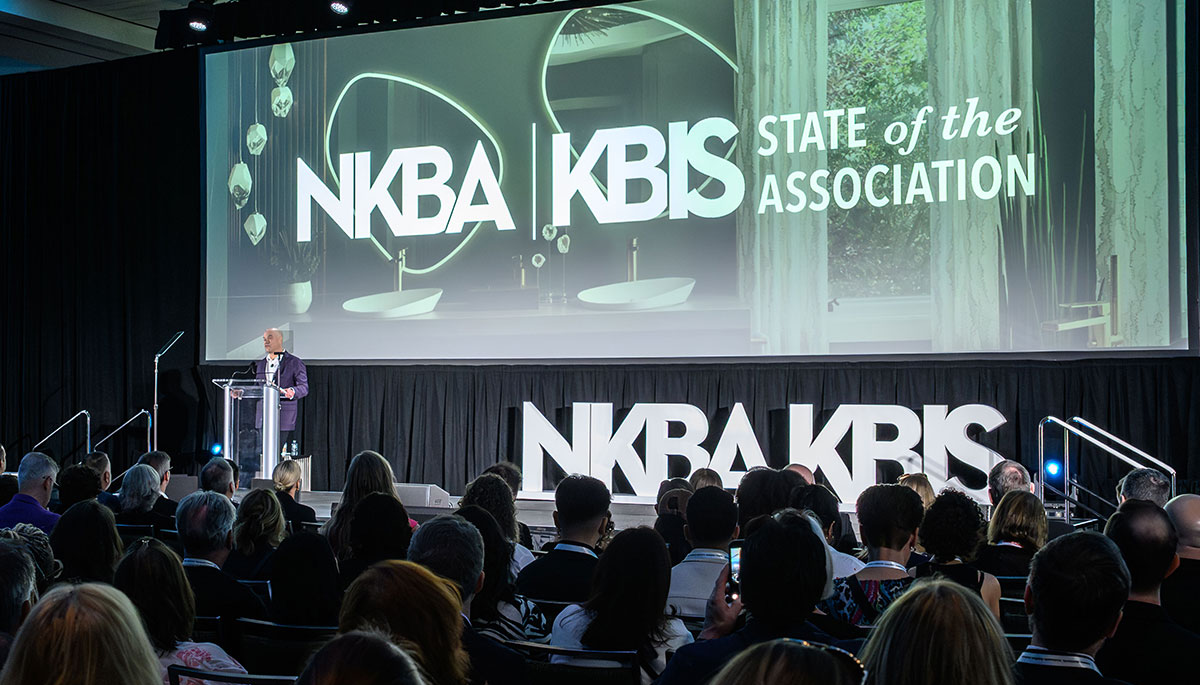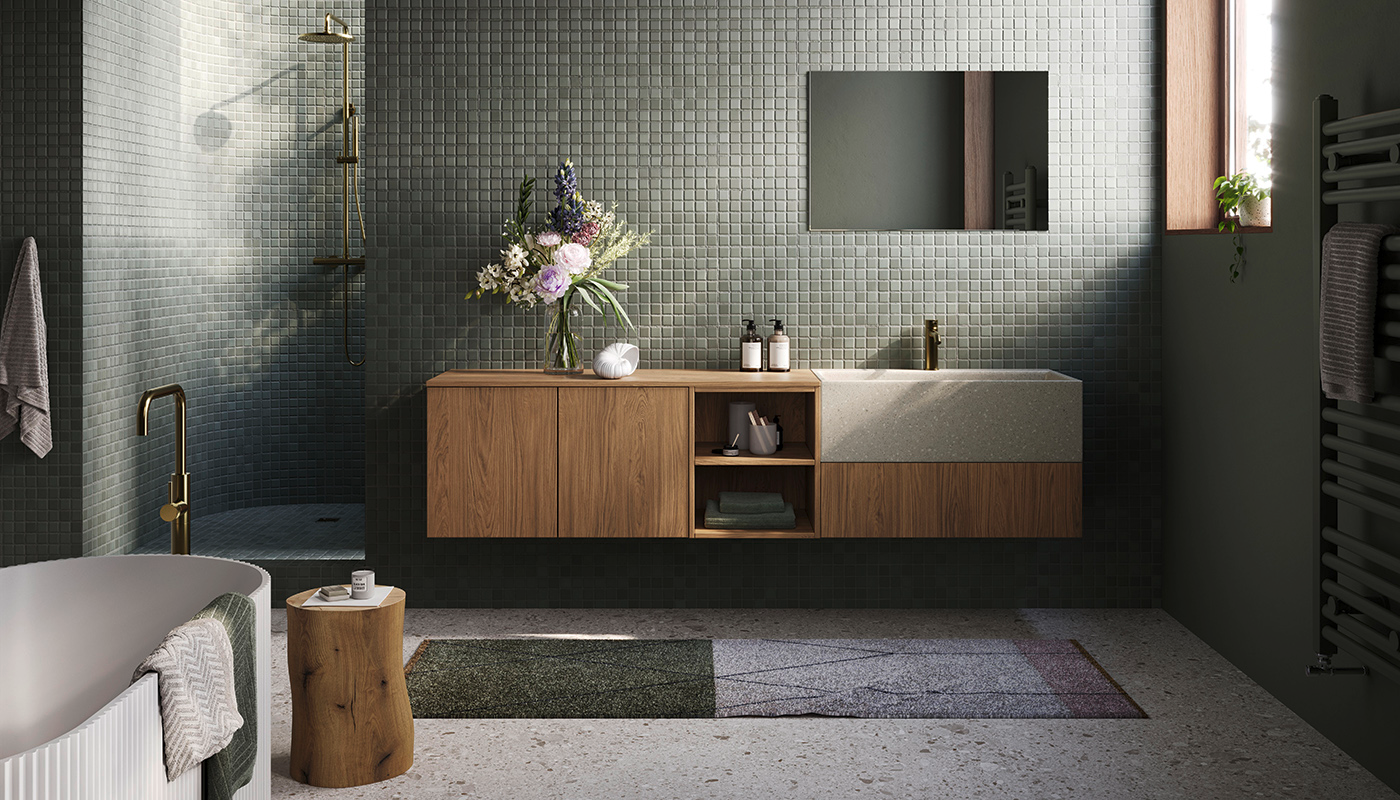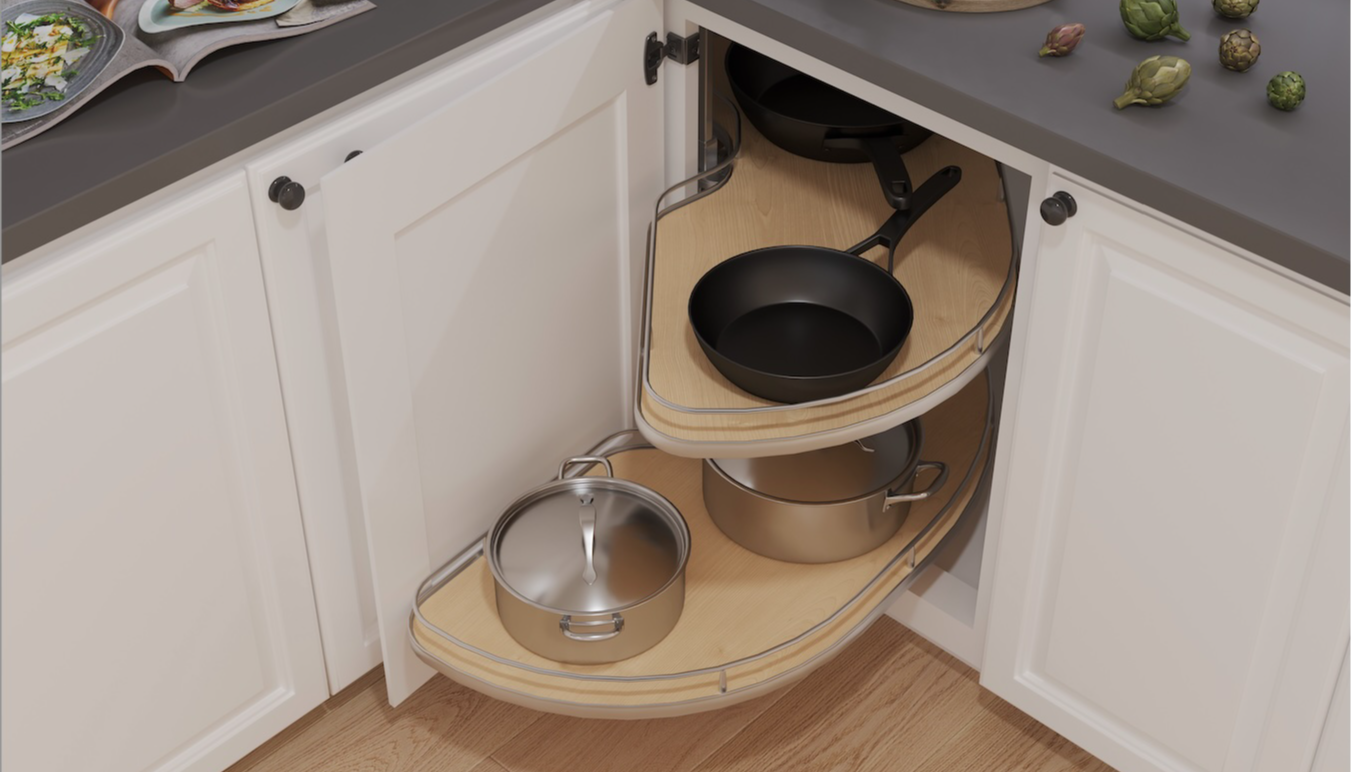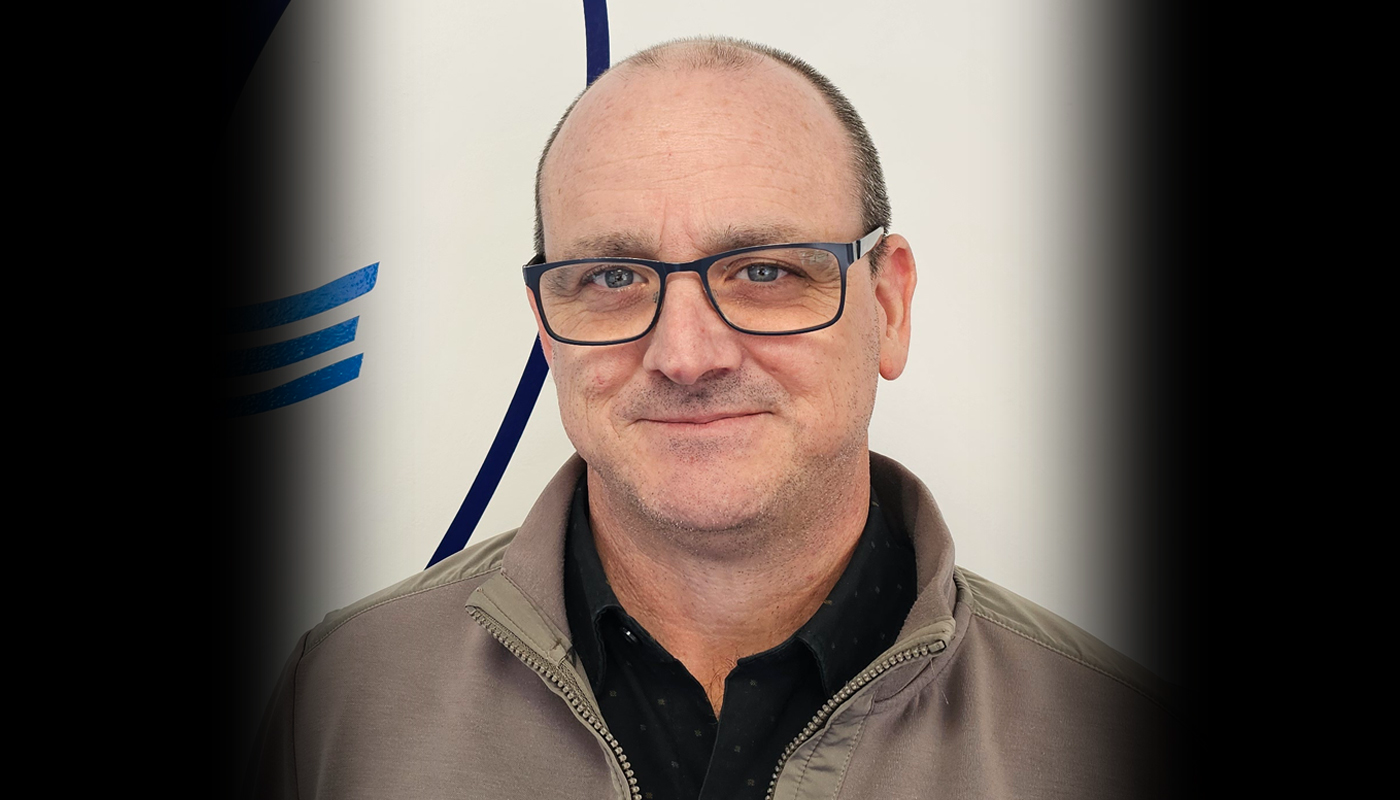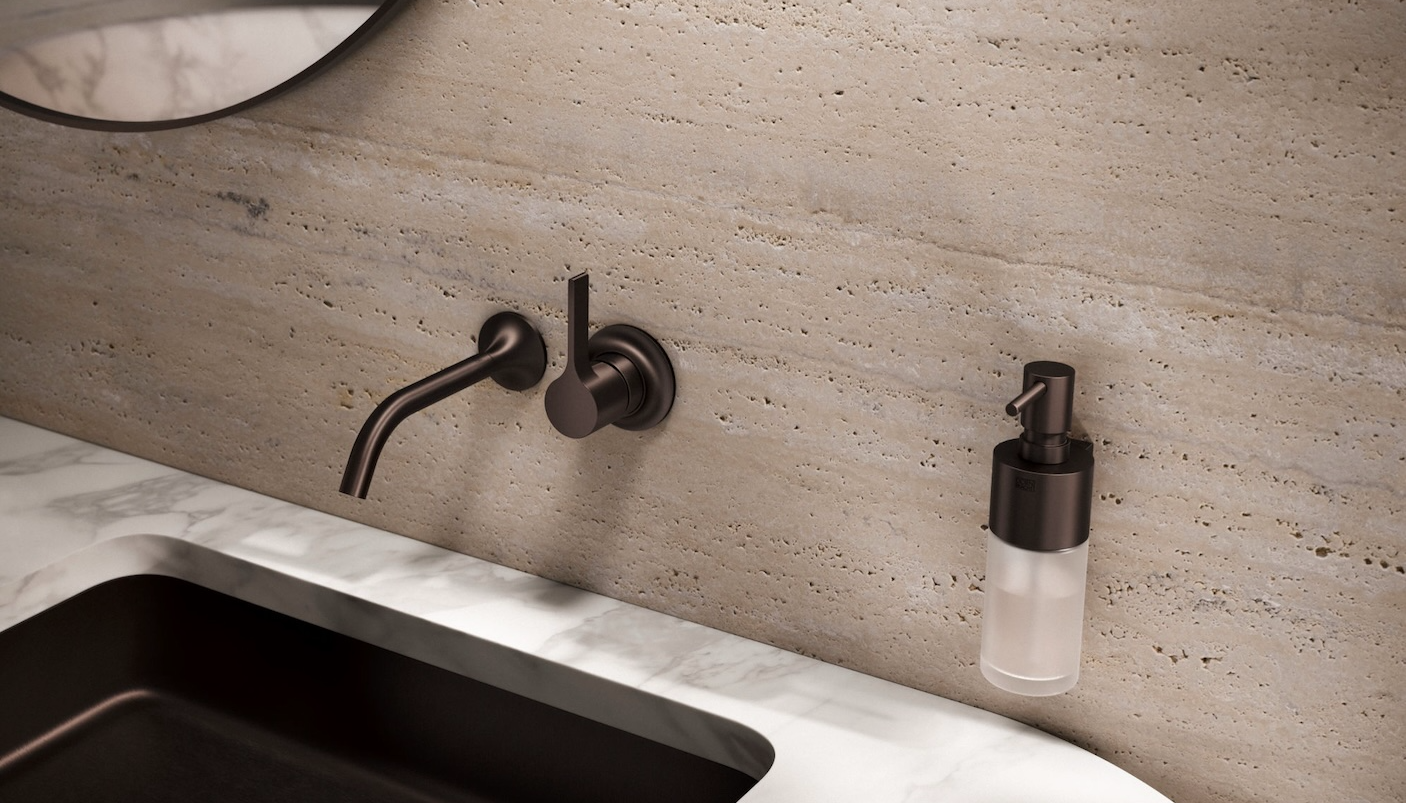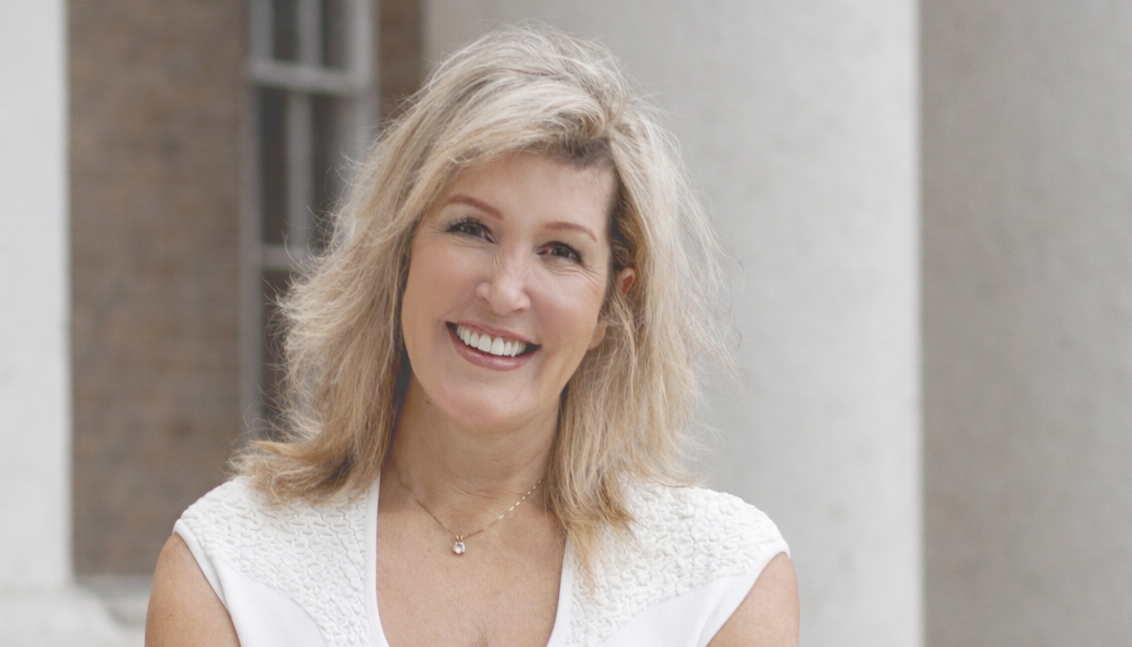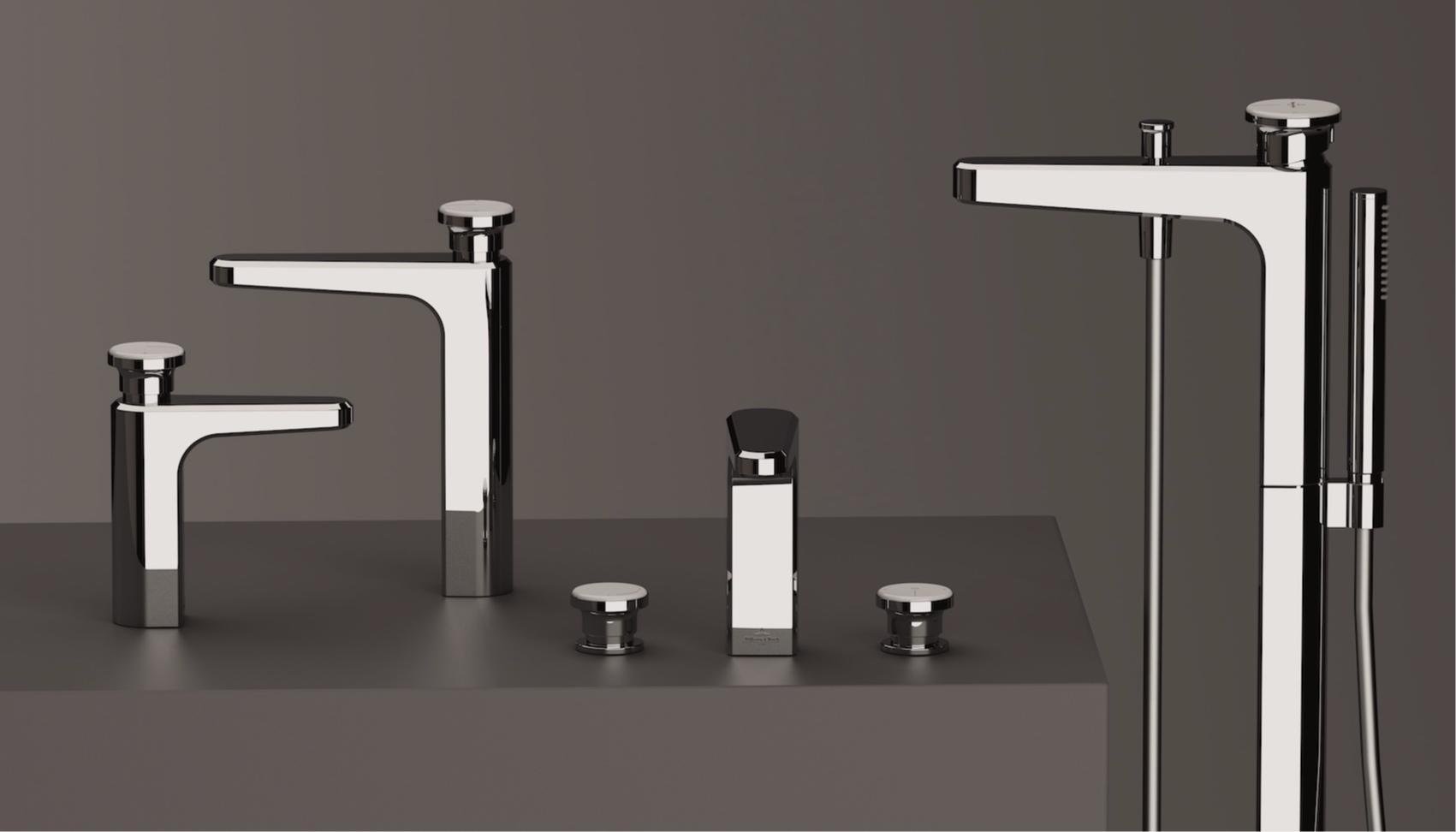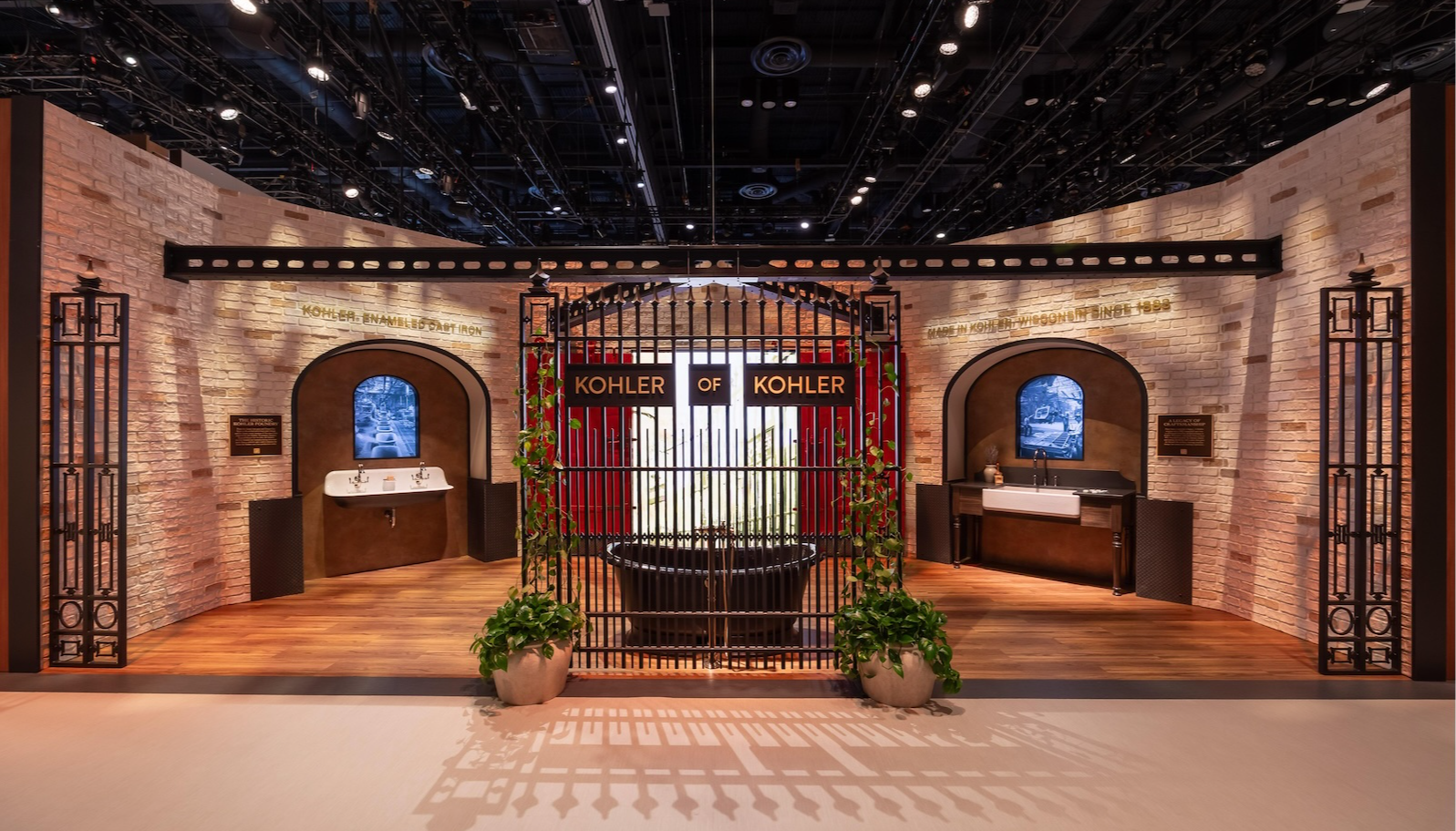Yvonne Orgill – The new Government has a chance to support our sector
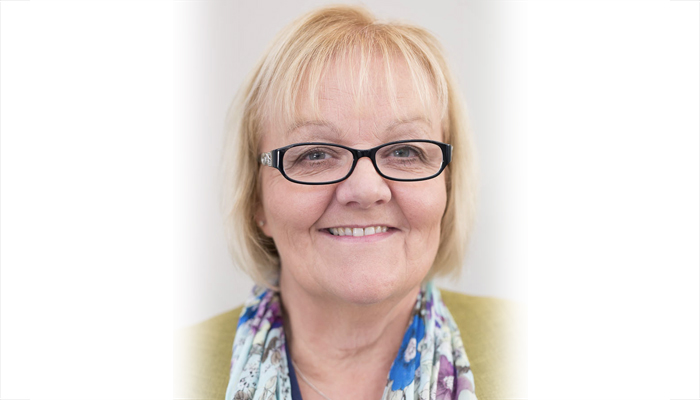
Yvonne Orgill – The new Government has a chance to support our sector
The new Government has an opportunity to overturn the previous one's proposal for a mandatory water label and support industry with a commitment to the Unified Water Label, says UWLA MD Yvonne Orgill.
The new Government has promised to deliver economic stability with tough spending rules to boost growth, and create jobs. With such ambitious plans they will want to avoid any unnecessary expenditure. The UWLA is seeking to meet with Government representatives to outline how far the Unified Water Label has come, and show how it can drive forward water efficiency in the home.
We fully support Government objectives to reduce water waste but would ask them to consider the significant progress that the KBB industry has already made in addressing the issue. We believe that there is misunderstanding and misinformation in many organisations, and consequently, the huge steps forward and positive actions taken by industry are overlooked.
The recently launched UWLA manifesto outlines our aims, illustrating how the Unified Water Label is driving forward change, and supporting Government objectives to use water efficiently. We have shared this along with a positioning paper, which supports the manifesto with evidence on how the Unified Water Label has already influenced market transition, and its position as a trusted smart tool within the KBB sector.
The Unified Water Label, (UWL) has been developed by industry for industry and is well liked by consumers. The UWL is a simple, credible, effective labelling scheme for water using bathroom products and kitchen taps. The label provides information on water use and where appropriate energy used for heating hot water, allowing the consumer to make an informed choice at point of selection.
Over 160 brands currently support the UWL, around 23,000 products are registered, and it has support across all sectors including manufacturers, retailers, installers, and designers.
We know that the new Government wants to address the issue but to keep the proposed mandatory water label is ‘throwing the baby out with the bath water,’ especially given their election commitments and current financial constraints.
Alongside a water label, whether voluntary or mandatory, consumers need proper guidance about how much water is used in a bath, shower and household appliances, and this is exactly what the UWL provides.
More importantly, the products that are offered to the consumer must still offer the same level of functionality with no loss of performance if they are to be used correctly and achieve the desired outcome. This is where a voluntary label wins over a mandatory imposed system. Manufacturers are free to develop new products that meet market demands. A mandatory system will inevitably involve restrictions, which will stifle innovative and reduce consumer choice.
Bathroom manufacturers are playing their part – they have invested in new products that can help consumers use water and energy more efficiently and reduce their environmental impact. We must support them in bringing these products to market, educating the consumer and providing a legislative framework that works.
The UWLA is committed to working with new Government and all interested parties to bring about change but they must be willing to recognise what the industry has already achieved. If we are to make progress in changing consumer behaviour, we must all work together.
Tags: insight, features, uwla, unified water label, yvonne orgill, mandatory water label, bathrooms, kitchens





